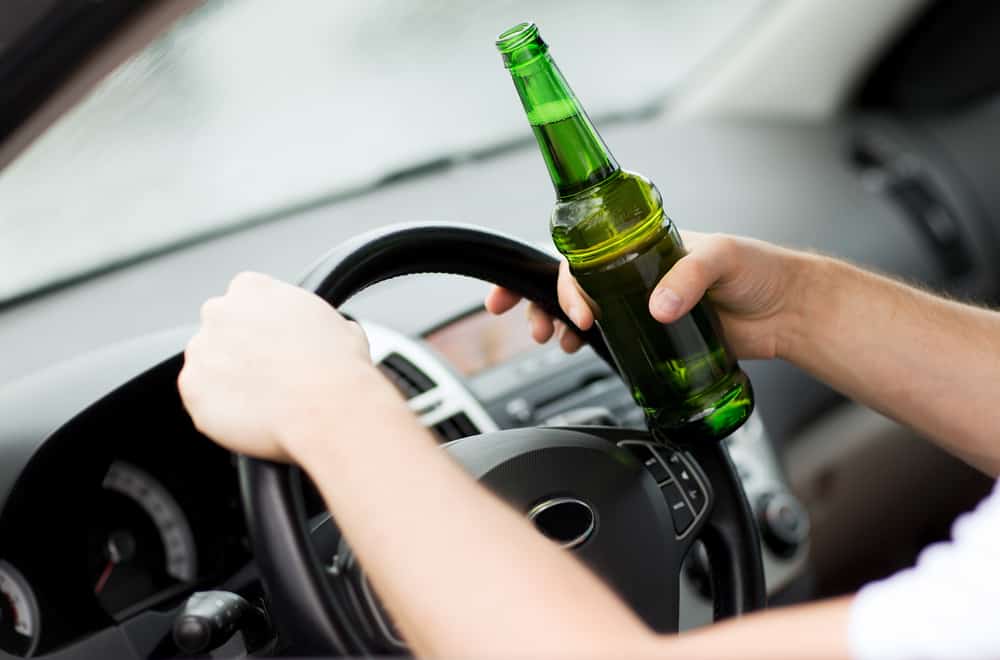
Dram Shop Liability: Drunk Driver Accidents Against Bars and Other Businesses
The following is a guest blog post by Joshua Howell, Attorney for King Crotts & Associates, Spartanburg SC. The views expressed are the opinions of the author and do not reflect those of the Law Office of Brett A. Podolsky.
In a nutshell, dram shop liability statutes create an avenue for a plaintiff to seek recovery from an establishment (bar, taverns, restaurant, etc…) that served alcohol to a patron, who then later caused a motor vehicle accident when driving. The plaintiff in such a case is typically a passenger in the car, driver of another car, or an innocent bystander who happened to be involved in an accident. Many times, the driver of the vehicle will have a low amount insurance policy or not have the personal assets to satisfy the judgments that result from a trial. The dram shop liability statutes create another avenue for recovery against a party that showed poor judgment and oversight in serving alcohol.
The North Carolina law that controls the regulation of liquor sales allows an injured person to sue the establishment that sold the liquor if three factors are met:
1. The establishment was negligent when it sold or furnished beer, wine, liquor or another alcoholic beverage to an underage person or a person who was noticeably or visibly intoxicated;
2. The unlawfully sold alcoholic beverages caused the person to become impaired; and
3. The impaired driver’s negligence was a proximate cause of the injury to the plaintiff.
The first requirement under this statute sets forth two classes of people: underage persons or persons who were “noticeably or visibly intoxicated.” This statute is very helpful for individuals who have been injured in car accidents because it provides another potential defendant that they may bring a claim against to recover for their injuries. A similar claim that can be brought is called social host liability. Under this theory, an injured party may bring a claim based on a social host serving alcohol in a negligent manner.
Both of these claims are forms of torts under a negligence theory. Like other tort claims, there are statutes of limitations that only allow these claims to be brought in a certain amount of time from the accident. It is important for individuals who have been involved in accidents with drunk drivers to contact a personal injury attorney immediately so that their claim may be reviewed and the next steps can be determined.